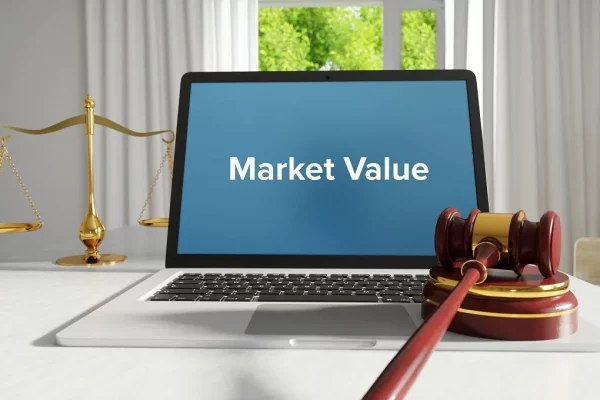How much is your business worth?
That’s a question a lot of entrepreneurs have asked themselves at least once. But not many of them have gone on to find out the current market value of their business. And they probably won’t do so until they have to woo investors for their enterprise or sell it altogether.
Read more about How TO
If you’re a business owner and you’d like to know how to calculate the value of your business, you’ve come to the right place. We’ll take you through three ways to find it out for yourself. Here they are:
Value Of Similar Firms
You can arrive at a rough but useful estimate of your business’s market value by learning what firms like it are worth. This will be relatively easy to do if the firms in question have been sold or listed on the equity market (such as the Nigerian Stock Exchange).
You may use the value at which those businesses were sold as an approximate value of your won enterprise. Or, if the businesses’ shares are traded on the stock market, you can multiply the number of shares they have by their current market price to determine their overall value.
It’s preferable that you use an average of such businesses’ values. It’ll reflect the industry average for your type of business, a value that lenders and investors will more likely accept. Just be sure that the companies you’re comparing your business with are of a similar niche, size, and growth stage as yours.
Income Approach
The income approach involves calculating the amount of income that your business could generate in the future. It’s basically a projection of the business’s profitability in the coming years.
Sign up for the Connect Nigeria daily newsletter
There are two ways to calculate your firm’s value based on the income approach. One is the Discounted Cash Flow method, which tries to determine the present value of a business’s future cash flow. This value will depend on the risk that’s involved in acquiring the business.
Another way to calculate a business’s value under the income approach is the Capitalization of Earnings method. It’s designed to ascertain the future profitability of businesses by taking into account their cash flow, ROI, and expected value.
Smaller businesses (especially those that haven’t yet broken even) can use the Discounted Cash Flow method. It accounts for the possible variability of firms’ cash flow over a period of time. Larger, more financially stable businesses can use the Capitalization of Earnings method.
The figure arrived at via the income approach may be important for people who want to invest in or purchase your business. It could show them that your business has attractive growth potential.
Asset-Based Method
Here, the value of your business will be based on what your assets and liabilities are worth. It yields what financial analysts call the ‘book value’ of your firm.
Your business’s assets are things that belong to it and add value to it. They range from its deposit account balance and cash to its vehicles, equipment and buildings. Liabilities are the business’s debts and may include unpaid loans and employee salaries.
Register to attend the Connect Nigeria Business Mixer
To calculate the book value of your business based on the asset-based approach, subtract your business’s total liabilities from its total assets. Let’s say its liabilities are worth ₦15 million in total, and its assets have a total value of ₦75 million. Your business’s net worth would be:
₦75,000,000−₦15,000,000꓿₦60,000,000
So your business would be worth ₦60 million.
You shouldn’t sell your business for less than its book value as determined by the asset-based method. If your business is financially sound, you could sell it for more than that value.
Final Words
Even if you aren’t considering selling your business or finding investors for it, you should try to find out what it’s currently worth. Doing so could let you know whether (or by how much) your business is growing.
However, while you may want to ascertain your business’s value yourself, it’s a good idea to get help from a professional appraiser. They’ll be better able to determine your business’s value, using data from your financial records.
Featured Image Source: Corporate Finance Institute
Got a suggestion? Contact us: [email protected]


